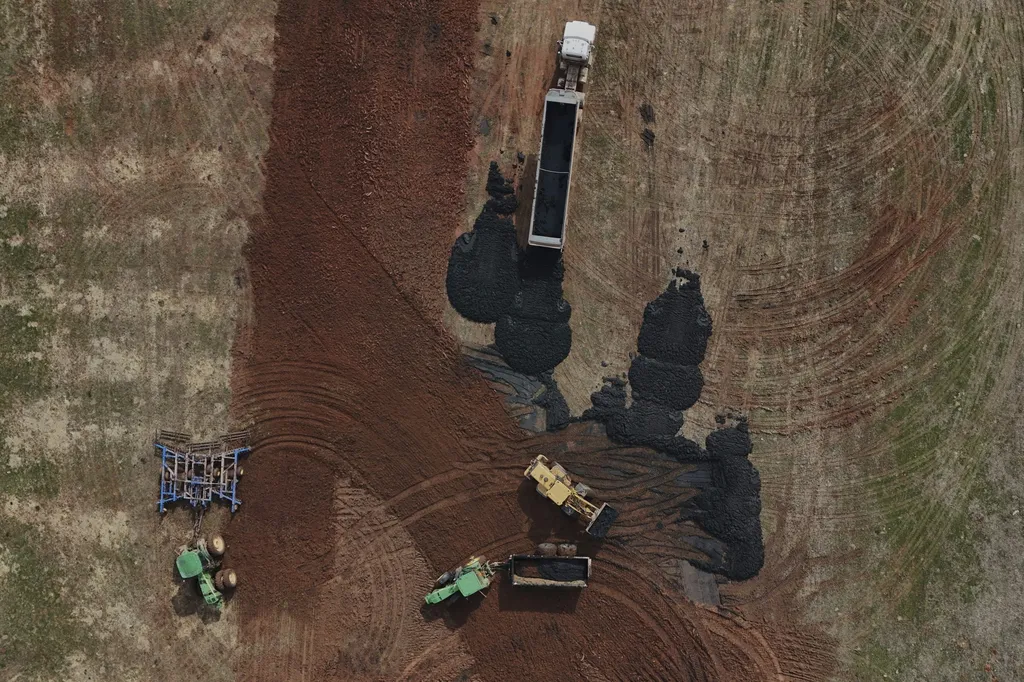In a recent development, a federal court has dismissed a lawsuit filed by farmers against the Environmental Protection Agency (EPA), which accused the agency of failing to regulate per- and polyfluoroalkyl substances, commonly known as PFAS. The dismissal, however, has left the door open for future actions that could potentially lead to stricter regulations on these “forever chemicals.”
PFAS, a large family of man-made chemicals, have been widely used in various consumer products due to their water- and grease-resistant properties. However, their slow breakdown and extensive use have led to their presence in water, soil, air, and food, raising concerns about potential health risks, including developmental delays in children and cancer.
The lawsuit, brought by farmers who use sewage sludge as fertilizer, claimed that the EPA had failed to fulfill its mandatory duty under the Clean Water Act (CWA) to identify and regulate at least 18 distinct PFAS pollutants in the sludge. Additionally, the plaintiffs argued that the EPA had not adopted regulations to restrict additional PFAS pollutants that the agency had previously identified.
Brigit Rollins, a staff attorney with the National Agricultural Law Center at the University of Arkansas System Division of Agriculture, explained the plaintiffs’ claims and the court’s decision. “The court found that the EPA did not violate its CWA duties,” Rollins said. “However, the court did indicate what future actions the plaintiffs might take to prompt the EPA to adopt stricter PFAS regulations.”
The dismissal of the case does not mean that the issue of PFAS regulation has been resolved. Farmers have 60 days to appeal the ruling, and the court’s indication of potential future actions suggests that this may not be the last we hear about PFAS regulation.
The implications of this case are significant for both farmers and the broader agricultural industry. PFAS contamination can have serious consequences for soil health, crop yields, and ultimately, food safety. Stricter regulations on PFAS could help to mitigate these risks, but they could also impose additional costs and burdens on farmers.
As the debate over PFAS regulation continues, it is clear that this is an issue that will require careful consideration and balanced decision-making. The dismissed lawsuit serves as a reminder of the complex challenges facing the agricultural industry and the need for ongoing dialogue and collaboration between farmers, regulators, and other stakeholders.
In the meantime, farmers and agricultural businesses should stay informed about developments in PFAS regulation and consider taking steps to minimize their exposure to these chemicals. This may include testing soil and water for PFAS contamination, adopting best management practices to reduce runoff and leaching, and exploring alternative fertilizers and soil amendments.
As the situation evolves, it will be important for all parties involved to work together to find solutions that protect both the environment and the economic viability of the agricultural industry. The dismissed lawsuit may have brought this issue to the forefront, but it is up to all of us to ensure that it remains a priority in the months and years to come.

